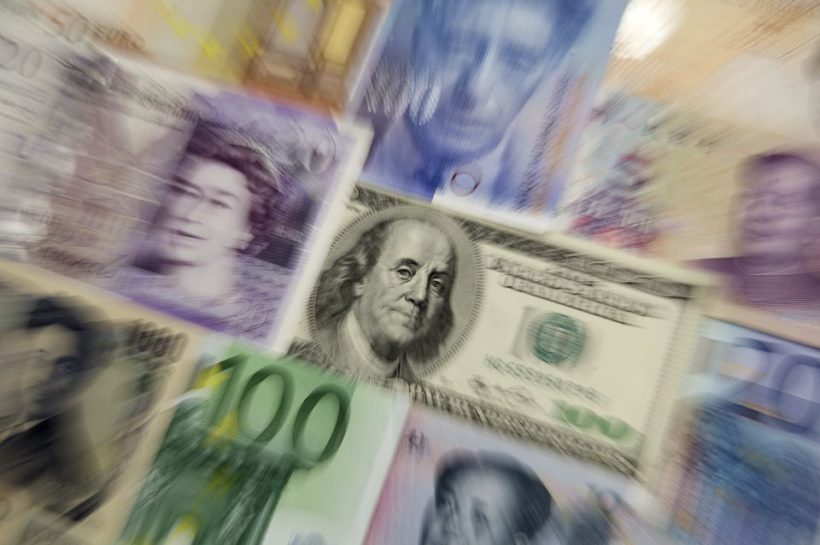
LONDON, March 15 (Reuters) – Investors are more concerned about the outlook for global growth than at any time since the financial crisis in 2008, and they have ramped up their cash holdings to a two-year high, according to a monthly fund manager survey by BofA.
The majority of investors managing about $1 trillion in assets polled between March 4 and 10 now expect an equity bear market in 2022 and allocations to global equities have dropped to their lowest levels since May 2020.
Cash levels among investors rose to nearly 6% while allocations to commodities soared to a record 33%. Hedge funds net exposure to stock markets is at its lowest level since April 2020, according to the survey.
The top crowded trade is long oil/commodities, the U.S. investment bank said in the note, with long technology stocks and long ESG ranked second and third respectively. Nearly half of the investors surveyed expect oil will produce the best returns in 2022.
The European edition of the monthly fund manager survey made for grim reading with investors slashing their growth outlook for Europe in response to Russia’s invasion of Ukraine.
Read more: The Federal Reserve is scaring markets with the triple threat of policy tightening
A net 69% of respondents expect the European economy to weaken over the coming year, the highest share since 2011. The 81 percentage point swing from February’s net 12% who still expected to see growth marks the biggest month-on-month drop since BoFA’s records began in 1994.
In response to the darkening growth outlook, about 61% of investors think the European market has peaked for this cycle, up from 22% in the previous edition of the survey.
Investors have also slightly increased their expectations for the number of rate hikes from the U.S. Federal Reserve in 2022 even as liquidity conditions have worsened considerably to their lowest since the coronavirus pandemic hit financial markets in March and April 2020.
“This is notable because central banks have historically been much less inclined to hike when liquidity conditions are very poor,” BofA said.
A net 44% of European investors expect European inflation to rise over the next twelve months, while last month 38% expected lower inflation. At a global level, a net 5% of investors think global inflation will decline, down from a 13-year high of 56% last month, BoFA said.
(Reporting by Saikat Chatterjee; Editing by Tommy Wilkes, Kirsten Donovan)

